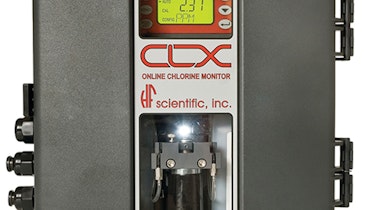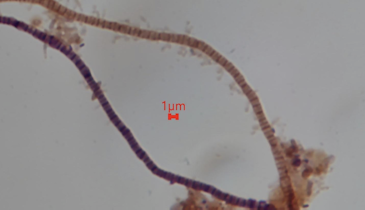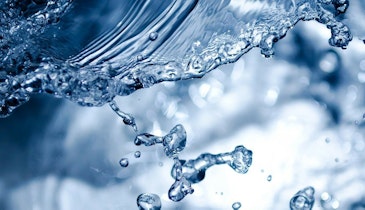The discussion over wipes products and “flushables” got a little more heated this week when Dr. Joseph Kurtz, 35, of Brooklyn, N.Y., filed a class action lawsuit against Kimberly-Clark and Costco Wholesale in the Brooklyn Federal Court. The lawsuit seeks damages of $5 million and...
Class-Action Lawsuit Targets Makers of 'Flushable' Wipes
The lengthy discussion about wipes products and flushability got a little more heated this week.
Popular Stories
Discussion
Comments on this site are submitted by users and are not endorsed by nor do they reflect the views or opinions of COLE Publishing, Inc. Comments are moderated before being posted.




